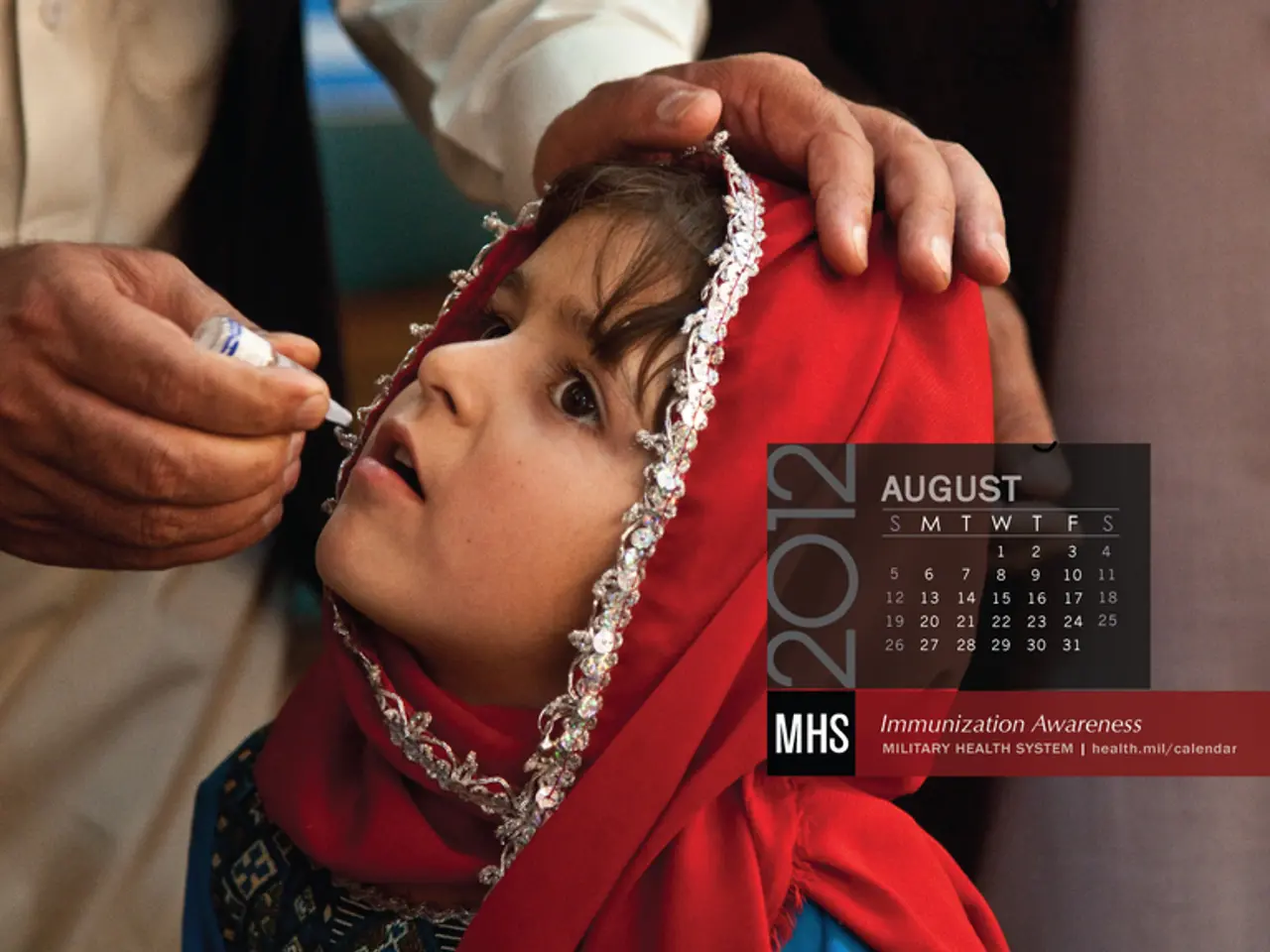New Study Raises Concerns About CoronaVac's Effectiveness Against P.1 Variant
A new study has raised concerns about the effectiveness of the CoronaVac vaccine against the P.1 variant, first identified in Brazil. The research, presented at ECCMID and published in The Lancet Microbe, suggests that antibodies generated by the vaccine are less effective against this variant compared to the original B lineage virus.
The P.1 variant, also known as the Gamma variant, has 15 unique mutations. These mutations can compromise the effectiveness of neutralising antibodies, including those induced by vaccines. A study has shown that antibodies from vaccinated individuals were less efficient at neutralising the P.1 variant than the B lineage virus. This variant may also be able to reinfect individuals who previously had COVID-19, posing a significant threat.
The CoronaVac vaccine, developed by Sinovac Biotech, has been shown to protect against severe COVID-19 and death. However, the new study suggests that the vaccine's antibodies are less effective against the P.1 variant. The study also found that the P.1 variant is less sensitive to antibodies from previously infected individuals, raising concerns about its ability to escape immune responses. Researchers from various institutions worldwide, including the Universidade de São Paulo and Sinovac Biotech, have been studying the immune responses against the P.1 variant.
The P.1 variant's ability to potentially reinfect individuals and circulate in vaccinated populations, even in areas with high vaccination rates, underscores the importance of continued genetic surveillance of SARS-CoV-2 variants. This surveillance will guide updates to immunisation programmes, ensuring they remain effective against emerging variants. Further research is needed to understand the full implications of the P.1 variant's resistance to neutralising antibodies and to develop strategies to combat it.
Read also:
- Is it advisable to utilize your personal health insurance in a publicly-funded medical facility?
- Dietary strategies for IBS elimination: Aims and execution methods
- Benefits, suitable dosage, and safety considerations for utilizing pumpkin seed oil in treating an overactive bladder
- Harmful Medical Remedies: A Misguided Approach to Healing






